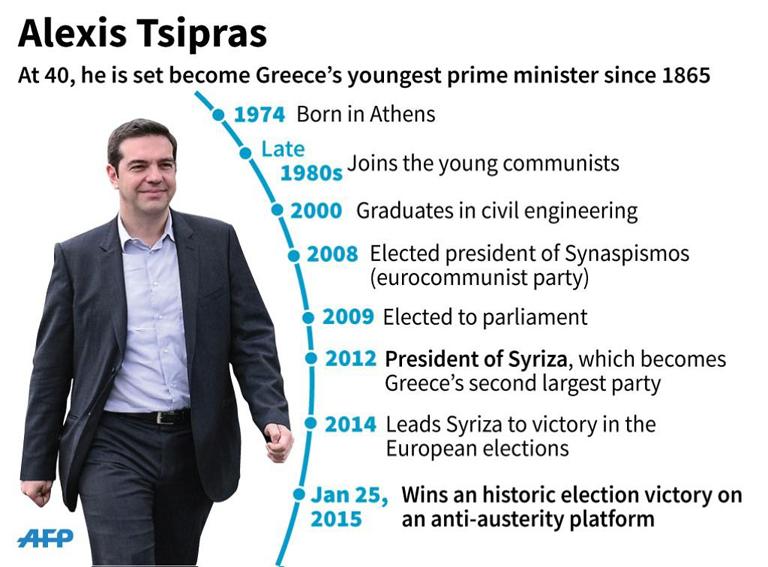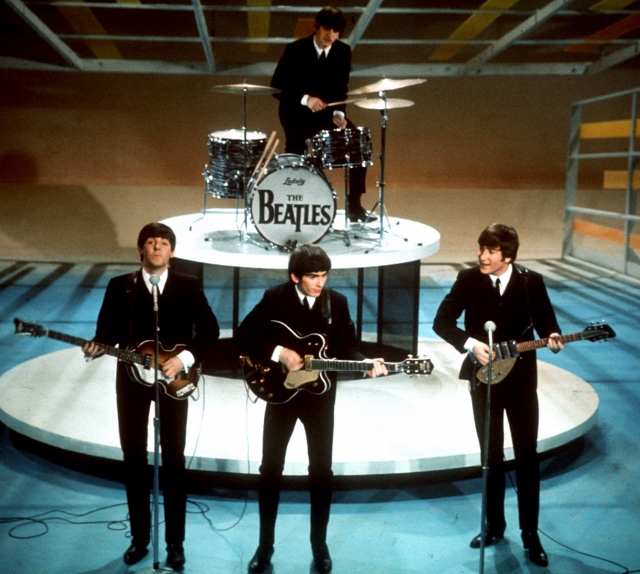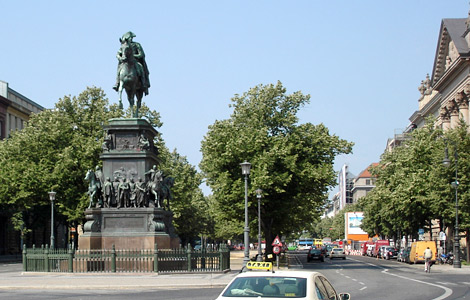I first wrote about this in post #10 (“Unpopular Leaders”). At the time, April 2013, I wrote the following (with [bracketed] explanations added), information I’d gotten from the newspaper:
Presidential Approval After One Month in Office [according to the Korea Herald]
% Approval……………..President……………Year
……….71%……………..Kim Young-Sam…….1993 [centrist; first non-military president since 1961]
……….71%……………..Kim Dae-Jung………….1998 [left-wing; began Sunshine Policy with NK]
……….60%…………….Roh Moo-Hyun……..2003 [left-wing; elected during anti-U.S. hysteria of 2002]
……….52%…………….Lee Myung-Bak………2008 [right-wing freemarket type]
……….41%……………..Park Geun-Hye……….2013 [right-wing, daughter of 1960s-1970s strongman General Park][O]ne cannot help think that Koreans are getting more and more cynical about their leaders, as time goes on.
40.3% of respondents “highly disapproved” of the president […] the first time the figure has exceeded 40%.
Another form of political overreaction, as I see it, may be to “disapprove” of a head of government for no particular reason. That’s what politics in a liberal democracy seems to be about, they may perceive.
They may have gotten this idea (“disapproval for no reason”) from the USA. Who is the last U.S. president who maintained consistent, comfortable-majority approval? Eisenhower? Majority-disapproval of a U.S. president has become all but expected in the USA.
President Park’s predecessor, Lee Myung-Bak (2008-2012), too, had dismal approval ratings for most of his presidency, often below 30% approval. Among other issues, the left (and the racialist center) accused Lee of cozying up to the Yankees
[See #263 and #264]; he reallowed U.S. beef imports (banned in 2003), a major domestic political issue, and he negotiated a U.S.-Korea free trade agreement, and majorly toned down the anti-USFK rhetoric — By my first arrival in 2009, two years after Lee took office, the once-common “No Americans Allowed” on businesses were almost all gone.So presidential disapproval will continue until…when? Will it be like this forever from now on?
Update:






